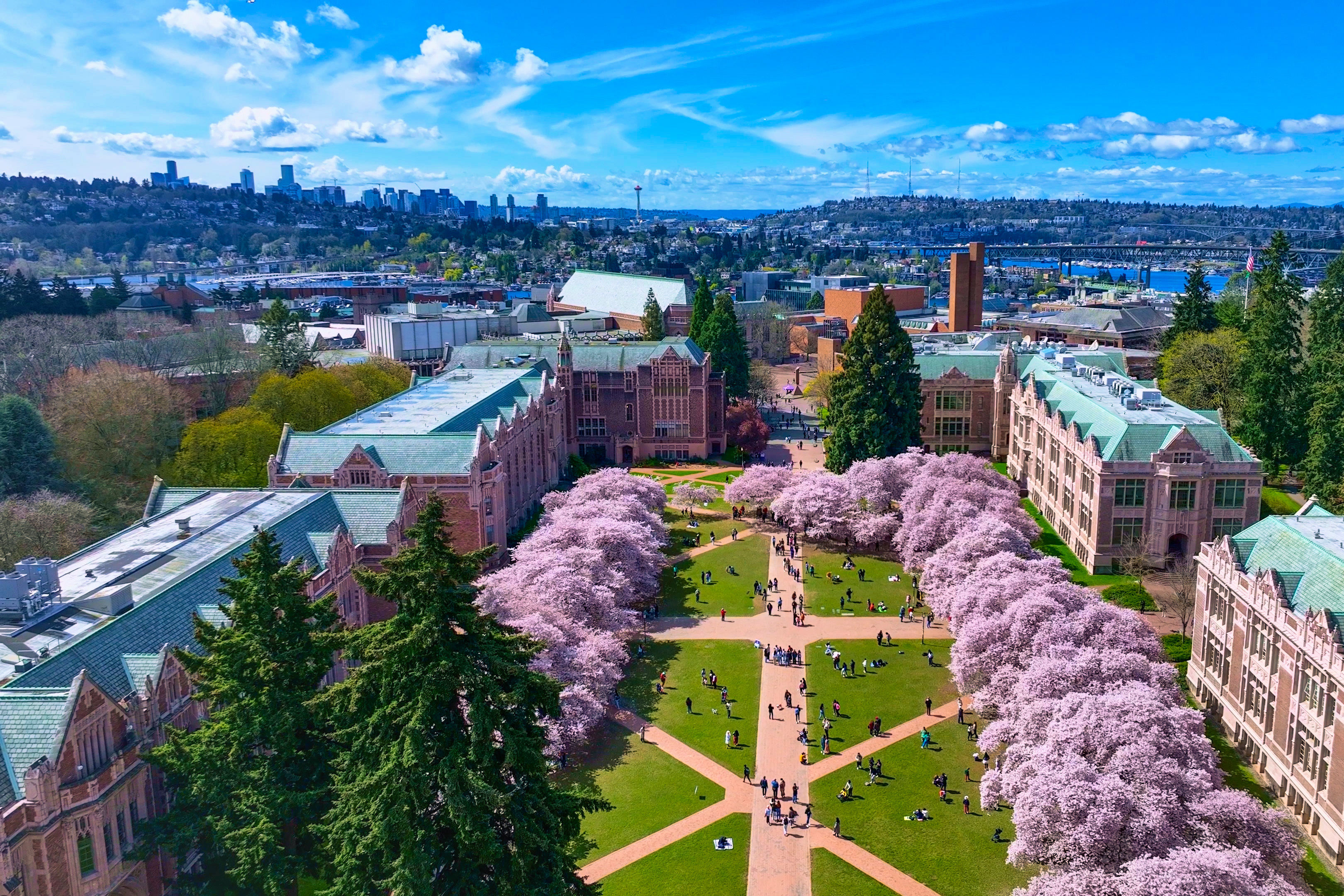Remembering Sam Ung of Phnom Penh Noodle House

Image: Courtesy Diane Ung
Seng Kok “Sam” Ung, founder of the Chinatown–International District restaurant Phnom Penh Noodle House, passed away from a heart attack this week at the age of 70. He survived the killing fields of the Khmer Rouge before settling as a refugee in Seattle and opening one of the city’s first Khmer-owned businesses in 1987. The restaurant continues to operate today, now run by his daughters, Diane, Darlene, and Dawn, who continue their father’s legacy.
“Helping others was a way of life,” says Diane of her father, something he learned from his own parents. Sam grew up in Battambang, where they ran a popular restaurant. He watched his parents cook and saw how they gave back to the community, feeding the hungry and volunteering.
Sam followed in their footsteps, cooking at the restaurant, and, unfortunately, also by fleeing his home country—Sam’s father had fled China in 1937 to avoid conscription into the army. In 1975, the violent and cruel Khmer Rouge came to power in Cambodia, and Sam went from cooking to forced labor under brutal conditions. He eventually escaped to a refugee camp on the Thai border, and from there arrived in Seattle in 1980 with two sets of clothes, his wife, who was eight months pregnant with Dawn, and nothing else. He worked multiple jobs, including as a dishwasher at Ivar’s Acres of Clams, while dreaming of opening his own restaurant.
In 1987, Sam opened Phnom Penh Noodle House, one of the first Cambodian-owned businesses in the city, and often its only Cambodian restaurant. “I remember him saying how many people didn’t believe in him,” says Diane. “He set out to prove them all wrong.” With the skills he picked up in his parents’ restaurant, Elvis hair, and a knack for conversation, even in his newly acquired English, Sam turned Phnom Penh into a community hub. “Dad had such a presence in the restaurant,” says Diane.

Image: Courtesy Diane Ung
He would print out photos of famous people who had eaten at the restaurant, which Diane remembers thinking was funny at the time. But now she sees it as impressive: “You have to advocate for yourself, and when you're proud of something, you share it with the world.” Sam considered cooking for President Bill Clinton and Vice President Al Gore one of his greatest accomplishments—that one even got t-shirts, she says.
While Sam worked tirelessly, he also supported the community, donating time, food, and money for fundraisers and social causes, helping the Wing Luke Museum, and auctioning off cooking classes for the Asian Counseling and Referral Service. But perhaps his greatest contribution was his memoir, I Survived the Killing Fields. He wrote and published it in 2012, then set up an exhibit about his experience in the restaurant, to help other survivors share their own difficult stories, to promote healing and community pride.
After retiring in 2013, Sam returned to Cambodia but didn’t quite stop cooking. He hosted gatherings in the village for adult elders and children in the neighborhood who didn't have enough to eat. “You would see photos of probably 50 to 100 people,” says Diane. “He would just feed them and send them off with a little bit of money in a red envelope to bless them.”
Sam Ung survived one of the most horrific periods of the 20th century, then went on to live out the American dream, raising three children in a place that gave them the opportunity to do whatever they wanted. Which, it turned out, was to carry on their father’s legacy of feeding people—and meeting them. Reading through messages after her father’s death, Dawn saw how important those dining room conversations were in building the community hub. “That’s how customers keep coming in,” says Dawn. “It's almost like food is secondary, and that connection is primary."
Diane, Darlene, and Dawn hope to plan a celebration of Sam’s life in Seattle in the near future, those interested in more information can check in on the restaurant’s social media.




